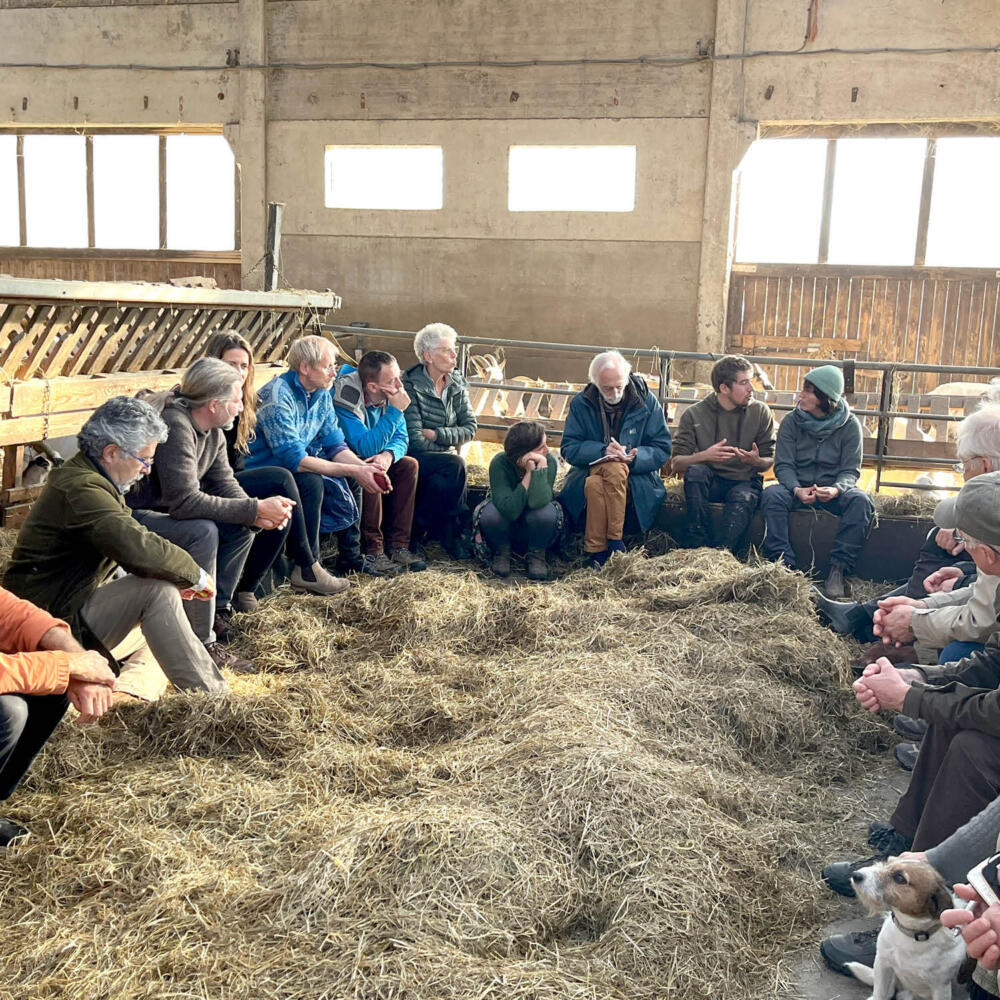True Cost Accounting in biodynamic farming
The Section for Agriculture at the Goetheanum is conducting a research project that focuses on socioeconomic criteria for fair prices.
Socioeconomic questions – such as: how can we measure and put a monetary value on the real economic performance of biodynamic farming, production and ecosystem services to society and to the earth? – have been part of the organic and biodynamic movement from the very beginning. Biodynamic products bearing the Demeter label usually cost more than conventionally grown products because in conventional farming environmental costs are largely externalized, in Germany to the tune of 40 billion Euros per year, which is half the entire agricultural turnover. In other words, conventionally produced items in particular would have to be at least 50 per cent more expensive. To a certain extent, the costs of biodynamic produce are also higher due to the diversity on farms and sometimes due to lower yields. In addition, marketing is in most cases also more expensive.
Affordable biodynamic produce
Social fairness demands that biodynamic produce is affordable for everyone. The high Demeter prices are often criticized in the media. Especially in times of crisis, when inflation is rising and the buying power reduced, this situation creates a market disadvantage. It is, however, also a socio-political requirement that biodynamic products are affordable for the broader population. This applies to the highly developed markets in Europe with the Demeter label as much as it does to countries like Egypt or India, where access to healthy food and a healthy environment are crucial for families who cannot afford expensive quality products. The current research project is part of, and the basis for, the development of an associative economy that has been studied and supported for years by an economic working group within the Section for Agriculture.
First steps in 2024 and 2025
The first step of the project was completed at a meeting of the economic group in February 2024. This included basic presentations on the ‘turnaround’ in the sustainability sector, on ‘Agroimpact’ as a round table for climate neutrality in the Swiss food sector and on the effects of the Green Deal in the EU on sustainability reporting. There were also ten presentations by entrepreneurs on associative approaches in the currently tense economic situation.
Quarterly Zoom meetings on the challenges of the organic sector have produced the programme for the upcoming meeting of the economic group on 4 February 2025. Under the title You Never Farm Alone, the forming of resilient communities for farms will be discussed based on applied prototypes. New calculation tools for profit margins, tested in the organic sector, will be presented.
There will also be reports from the World Goetheanum Forum on the initiative for a global economic association started a hundred years ago by Daniel Nicol Dunlop.
Link for donations Section for Agriculture (reference: true cost accounting)

